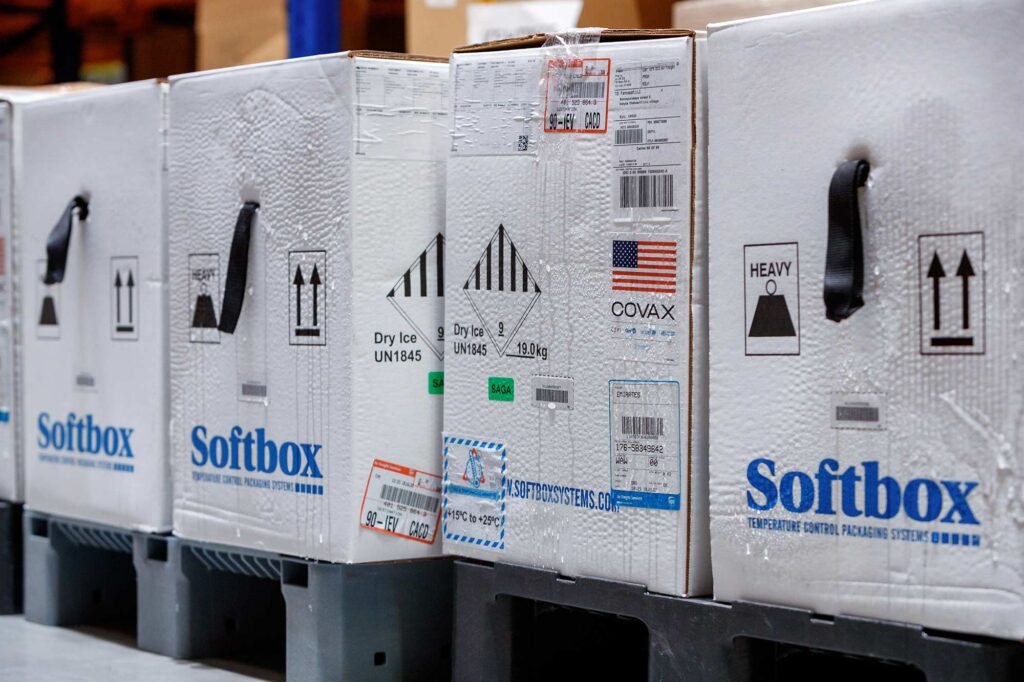SIAPS Mozambique End of Project Report
SIAPS Mozambique End of Project Report
In 2012, the population of Mozambique had limited access to medicines of assured quality, safety, and efficacy and to effective pharmaceutical services. In addition to a weak supply chain system, which limited the availability of products at service delivery points, there were notable deficiencies in the pharmaceutical policies and legislation governing the availability and use of products; the institutional, organizational, and human resource capacity of the pharmaceutical sector to perform its regulatory functions (product registration, inspection, pharmacovigilance (PV) and medicine quality testing); the monitoring of medicine safety and rational use; and, the overall management and delivery of pharmaceutical services at the facility level. These problems stemmed not only from limited financial resources but also from weak governance, insufficient capacity, ineffective pharmaceutical management, inadequate availability and use of strategic information, and limited monitoring and supervision of pharmaceutical services at the facility level.
The same year, the USAID-funded Systems for Improved Access to Pharmaceuticals and Services Program (SIAPS) Program, implemented by MSH, started working with the Ministry of Health (MOH) of Mozambique to strengthen the functionality of the pharmaceutical sector by building institutional and individual capacity. SIAPS conducted a comprehensive assessment of the regulatory system in Mozambique to analyze the challenges of the system. Following the regulatory assessment, SIAPS and the Pharmaceutical Department agreed to update the national essential medicines list to streamline procurement activities, minimize institutional costs, and optimize patient care; support the MOH to develop the concept note and terms of reference for updating the National Formulary Manual; provide technical support for the implementation of the national PV system to improve medicine safety; develop a monitoring and evaluation system for the PD that would assess its performance, guide its activities toward achieving desired results, foster a culture of evidence-based decision making, and contribute to a reduction in morbidity and mortality through increased access to and rational use of medicines; develop an electronic medicine registration system to improve data management by streamlining the medicines registration process; and support the Department of Hospital Pharmacy to establish and strengthen Drug and Therapeutics Committees.

